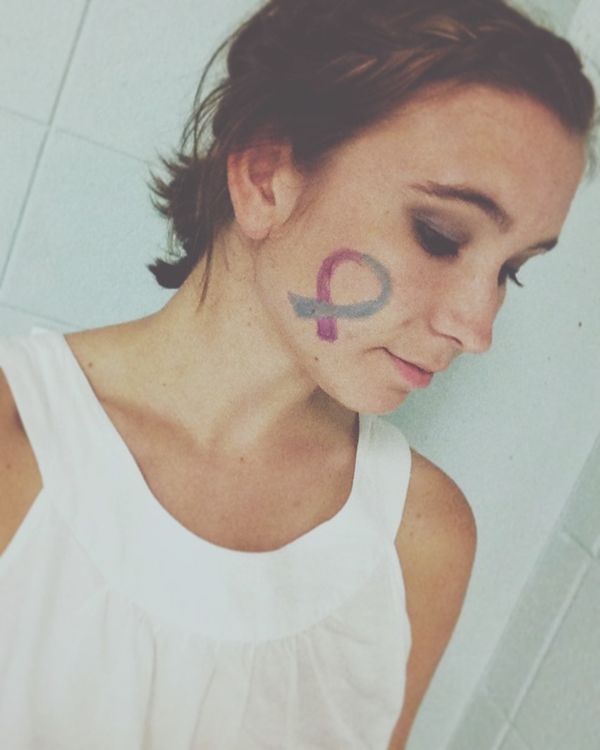Our society as a whole has a positive view of veterans. We thank them for their service and cheer when local bands play military themes. So why do 22 veterans commit suicide every day? Having not been in a war myself, I cannot pretend to understand the horrors of battle. But I do know that this is an issue that affects not only veterans, but our nation as a whole. We need to do a better job of offering care and support to those brave enough to serve our country.
No medical professional can deny that veteran PTSD and suicide is a growing problem. According to the RAND foundation, at least 20 percent of Iraq and Afghanistan veterans have depression and/or post traumatic stress disorder. And the same study found that 19 percent of veterans may have traumatic brain injury. When compared to regular civilians, male and female veterans have a significant increase in relative risk for suicide. My own grandfather had PTSD after fighting in World War II. My dad told me my grandpa came in one day after the war, visibly shaken. He said "Mary [my grandma], can you go look in the back and tell me that there's no Japanese soldiers there?" Obviously, this is a serious and dark matter.
So what can we do? It might surprise you to know that both the Senate and the House of Representatives voted unanimously in favor of a bill in regards to this issue. The Senate voted 99-0 and the House voted 403-0 in favor of the Clay Hunt Suicide Prevention for American Veterans Act , and President Obama signed it into law on Feb. 3 of this year. This law is named in the honor of a former veteran who committed suicide. The law gives veterans greater access to mental health care in hopes to reduce the number of suicides. And while this is a step in the right direction, it still does not completely solve the problem.
I am a member of a Facebook group called Buddy Check 22. It is a group that encourages each member to call a veteran on the 22nd of every month just to check in and say hi. This may not seem like a life-changing gesture, but one phone call could show a veteran that you care about him or her. In addition, some non-profits help to curve this problem. Stop Soldier Suicide helps veterans to find connections in mental health, jobs, relationships, or even with finances. In addition, a 24/7 call line called Veterans Crisis Line offers direct support to veterans and their families. Also, the National Alliance To End Veteran Suicide funds efforts of education, community, and research to end this tragic epidemic.
Even if you think you are one person and therefore have no power, I encourage you to reconsider. Veterans are brave men and women who have fought to protect you and me. The least we can do is to thank them by caring for them even after they come home.





















